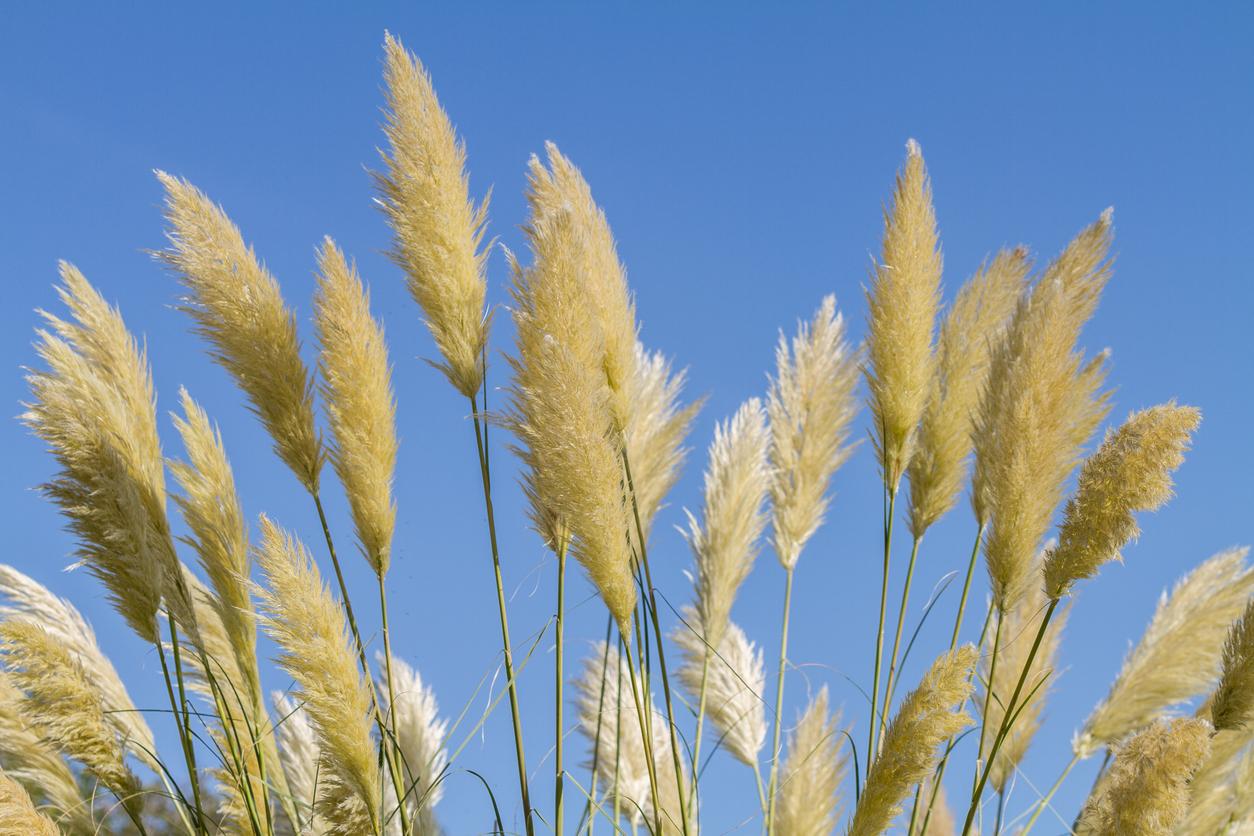Pampas grass sales drop due to swinging connotations
Make sure your garden is in order

Your support helps us to tell the story
From reproductive rights to climate change to Big Tech, The Independent is on the ground when the story is developing. Whether it's investigating the financials of Elon Musk's pro-Trump PAC or producing our latest documentary, 'The A Word', which shines a light on the American women fighting for reproductive rights, we know how important it is to parse out the facts from the messaging.
At such a critical moment in US history, we need reporters on the ground. Your donation allows us to keep sending journalists to speak to both sides of the story.
The Independent is trusted by Americans across the entire political spectrum. And unlike many other quality news outlets, we choose not to lock Americans out of our reporting and analysis with paywalls. We believe quality journalism should be available to everyone, paid for by those who can afford it.
Your support makes all the difference.Pampas grass sales have plummeted due to their particular sexual connotations.
Once a common plant outside suburban houses, pampas grass became known as a sign that the residents were swingers.
The plant, native to South America, serves as a signal to passers-by.
But now sellers say these connotations have led to a drop in sales and some nurseries have completely stopped stocking it, The Telegraph reports.
A decade ago, Palmstead Nurseries in Kent would sell 500 pampas grass plants every year, but that number has now dropped to 250.
Some of their plants are far more popular, selling in their thousands.
And they’re not the only ones - according to Steve Dawson, a buyer for Crocus, the largest gardening website in the UK, they now sell around 300 pampas grass plants a year - which is a tiny amount compared to other grass varieties.
“A lot of people used to put it in their front gardens - I think people are probably a bit embarrassed about doing that now,” he said.
And plant nursery Bransford Webbs in Worcester said it had taken pampas grass off its shelves over a decade ago because sales were already so low.
Of course, one cannot be certain that the swingers connotation is the cause of the plant’s decline, but Nick Coslett, Palmstead Nurseries’ marketing manager, believes it has played a part:
“It's just not in fashion at the moment,” he said. “I've got no evidence that it was ever actually used for that - I think it goes back to the fact that it was planted in people's front gardens.
“But there is that connotation, unfortunately. It's all part of that 1970s, kitsch feel.”
Pampas grass enthusiasts insist the plant is not a signal to swingers, but that’s not the experience of broadcaster Mariella Frostrup.
A couple of years ago, she unknowingly put two plants outside her Notting Hill home only to find herself inundated with unwanted attention.
So make sure you research the connotations of your plant before buying.
Join our commenting forum
Join thought-provoking conversations, follow other Independent readers and see their replies
Comments